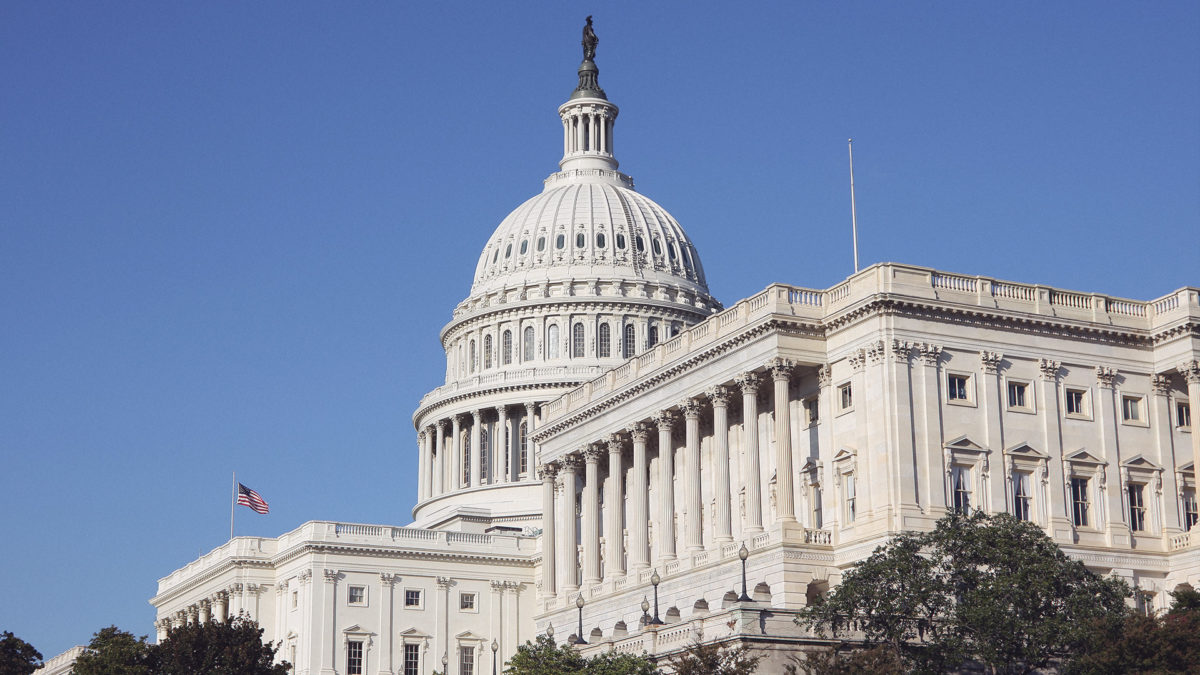Lawmakers cheer crypto-related elements included in Congressional defense funding bill


Congress is inching closer to approving a multi-billion dollar defense spending authorization bill which, according to lawmaker statements, will include several elements related to cryptocurrency and blockchain.
Senator Mark Warner of Virginia's office put out a statement on December 3 which noted that the final National Defense Authorization Act (NDAA) text includes parts of the ILLICIT CASH Act, such as language "[e]nsuring the inclusion of current and future payment systems in the AML-CFT regime by updating the definition of “coins and currency” to include digital currency."
The office of Rep. Maxine Waters, chair of the House Financial Services Committee, highlighted the inclusion of language from Rep. Juan Vargas (D-CA) "to advance efforts to counter the illicit uses of virtual currencies and marketplaces in drug trafficking and sex trafficking."
Language included in the House version of the NDAA would have mandated that the Defense Department produce a report on the potential application of distributed ledger tech for defense purposes. However, the language was not included in the Senate version and was ultimately removed from the final NDAA bill.
Yet the conference report published this week indicates that Congress still wants such information from the Defense Department, as well as an "analysis of activities that other countries, including the People’s Republic of China and the Russian Federation, are carrying out with respect to the research and development of distributed ledger technologies for military applications."
The report also calls for the Department to provide "[r]ecommendations identifying additional research and development activities relating to distributed ledger technologies that should be carried out by the Department of Defense and cost estimates for such activities" and "[a]ny other information that the Under Secretary of Defense for Research and Engineering determines to be appropriate."
As the bill moves toward the House and Senate for final approval, a bit of drama currently hangs over the measure: a threatened veto by U.S. President Donald Trump. Trump has voiced opposition to the bill primarily because of his failed call for a repeal of Section 230 of the Communications Decency Act.
Trump has blamed Section 230 — which serves as a legal liability shield for Web platforms — for fueling biased behavior toward conservatives on social media as well as alleged election interference by social media companies.



